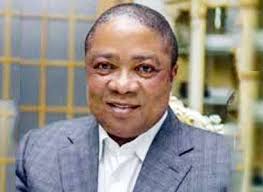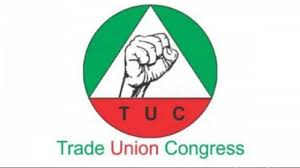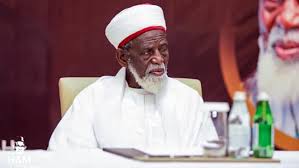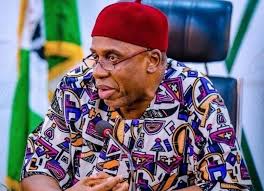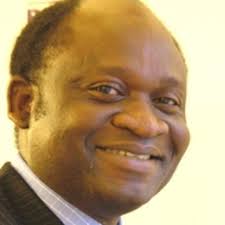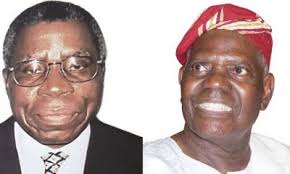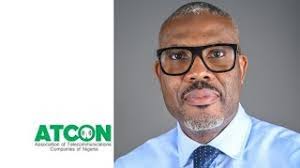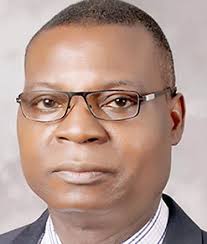DELTA—A National Industrial Court sitting in Asaba, Delta State, has adjourned further hearing in the suit filed against Ibeto Group and seven other affiliated companies till March 18, 2025. Trial judge in the matter is Justice O. Ogunbowale. Ibeto Group and seven other affiliated companies were dragged before the court by Eze Sunday Eze, the …
